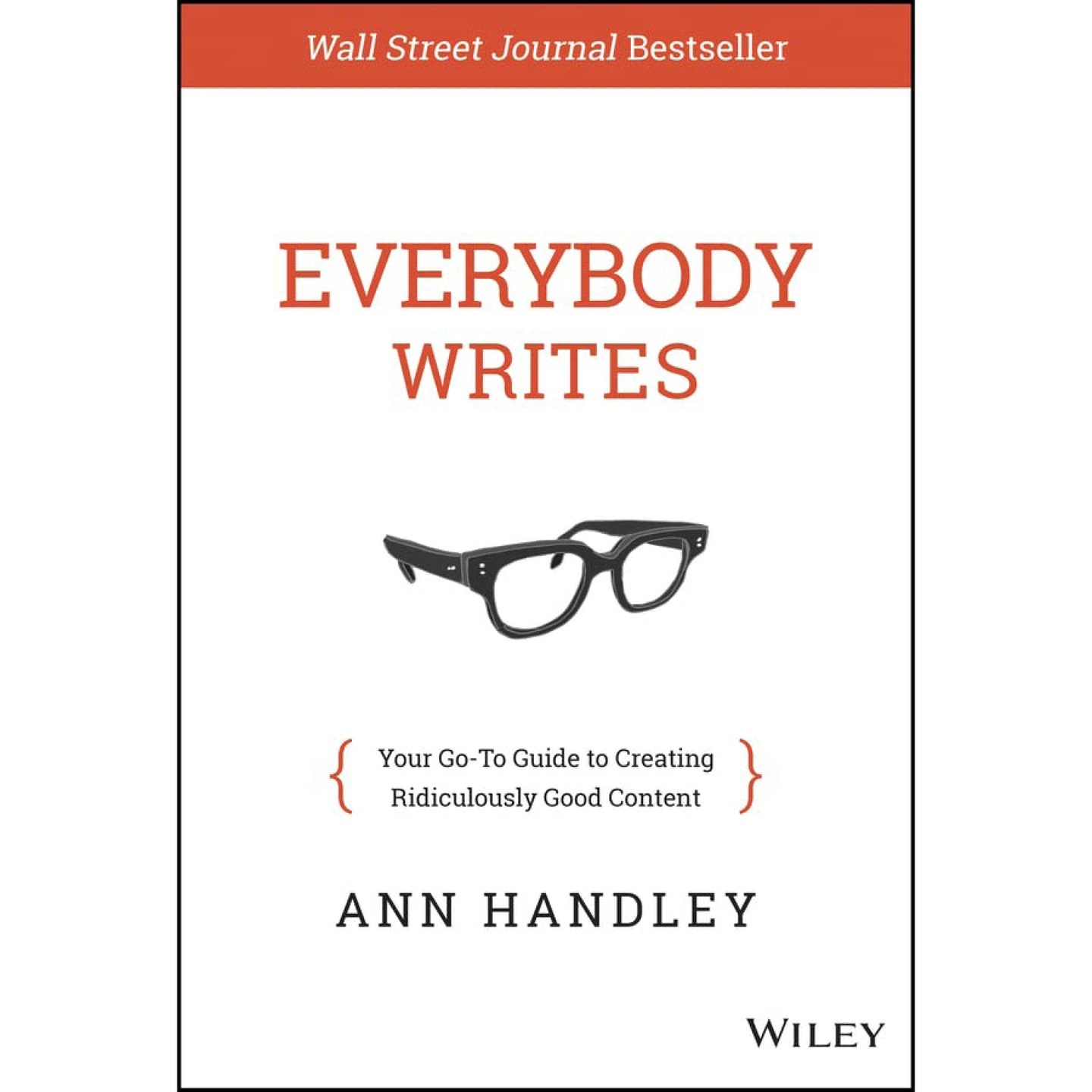We love a good story.
Especially one that inspires, informs or validates our thinking.
Here are some of our favourites.
Sapiens
Yuval Noah Harari is a Pitch Camp favourite. With a good dose of humour and irreverence, he fearlessly calls a spade a spade.
The essence of much of his writing is that change happens when people get organised around a story they can believe and support.
He'll help you understand how to take an audience with you.
Factfulness
Bill Gates tells us this is one of the most important books he’s ever read.
In Factfulness, Dr Hans Rosling shows that while we can’t understand the world without data, we can’t understand it with data alone.
Importantly for us pitchers, he shows it's also possible to make statistics compelling.
Divine Renovation
Don’t be fooled by the title, this might be the best marketing book we’ve read.
In it, Fr James Mallon ponders the church's plight and suggests new ways to regain lost ground.
And he warns us not to focus on what we want from people but what we want for them. Great advice for anyone with an audience.
Never Split The Difference
What can the FBI’s former lead hostage negotiator tell you about listening, empathy and body language? Plenty. But then he’d have to kill you. Haha, not really. In fact, Chris Voss’s job was keeping people alive. Often, with no more than a keen ear and the right words.
For anyone that views a pitch as a negotiation (which should be all of us) his Never Split the Difference provides a rare insight into what can sometimes be the life and death art of persuasion.
Atomic Habits
Atomic Habits is the book to blow your bad habits into yesteryear. In it, James Clear provides highly readable, actionable and believable tips for making small changes that get big results.
Pitch Camp can help you become a better strategic pitcher. Atomic Habits will help you stay one.
Thinking, Fast and Slow
Trust your gut instinct?
Most of us do. But what if it’s wrong?
In Thinking, Fast and Slow, Nobel Prize-winning psychologist, Daniel Kahneman, warns us that we are often confident in our thinking even when we are wrong. And that an objective observer is more likely to detect our errors than we are.
He shows us the biases the people we are trying to win over might be bringing to the table and provides tips for how we can help them make better decisions, in their – and our – best interests.
David and Goliath
We all know the story: underdog David slays overwhelming favourite Goliath in a two-man lopsided battle to the death.
But what if Goliath was the underdog?
He was big, slow, had poor vision and was stuck in old ways of doing things.
And, nimble, agile David had a good weapon and a smart strategy.
As always, Malcolm Gladwell makes us think and rethink what is, and what might be. He certainly gives anyone feeling like the underdog new reason for optimism.
Numbers Don’t Lie
Professor Vaclav Smil has a knack with numbers. Especially when it comes to making them interesting. In his hands, they sing.
Smil tells us he wants to get the facts straight, rather relying on a World Wide Web teeming with “undated hand-me-downs of unknown provenance”. And in Numbers Don’t Lie, 71 things you need to know about the World, he takes us on expedition, giving new relevance and importance to everything from how sweating improved hunting to what makes people happy.
If you’ve ever wanted to learn how use numbers to make a better argument, Smil shows the way.
Red Notice
How did former Russian-based American capitalist, Bill Browder and global villain, Vladimir Putin’s open stoush make this list?
Because it graphically demonstrates the power of storytelling to move an audience.
Browder’s recount of his 2010 pitch to the Human Rights Commission in the House of Representatives is Pitch Camp gold!
The rest of Red Notice is a very interesting read for anyone wanting to better understand Russia and the stories it tells.
Everybody Writes
Don't forget, every good pitch is supported by a written proposal.
And while Anne Handley’s Everybody Writes isn’t designed for proposal writers – it’s about content creation – the advice she shares will add a crispness and conciseness to your proposals that will have your readers thanking you.
And it might just help you seal a deal.
Bezonomics
Pitch Camp followers will know our advice that it’s “better to be kind than clever” when considering your pitch delivery.
That gem came from David Dumaine’s Bezonomics, and it’s why his overly supportive account of “arguably the most formidable capitalist machine in history” makes our list.
If you like big picture, long-term thinking, there’s also plenty in here for you.
Atlas of the Heart
An incidental read, but too interesting to not include on our list.
In Atlas of the Heart, Professor Brené Brown maps our emotions to take us where we go when things don't go as planned, we feel wronged, fall short, or face uncertainty.
And she’s found 87 destinations worth exploring. So much for the Rule of Three!
For those of us looking to improve our interpersonal relationships and better understand and handle emotions, she might just be the right tour guide.
Think Again
Typically, we don’t spend much time thinking about what we believe to be right or wrong, rather we action these values in our relationships, our work, and our biases.
But are our values from 1995 as valid today, or do they need updating, just like Windows 95 did?
In Think Again, Adam Grant invites us to reconsider the assumptions we’ve built over a lifetime and asks us to embrace the discomfort of doubt and not to settle for the comfort of conviction.
His book examines the psychology behind changing your mind, and persuading others to change theirs as well.















